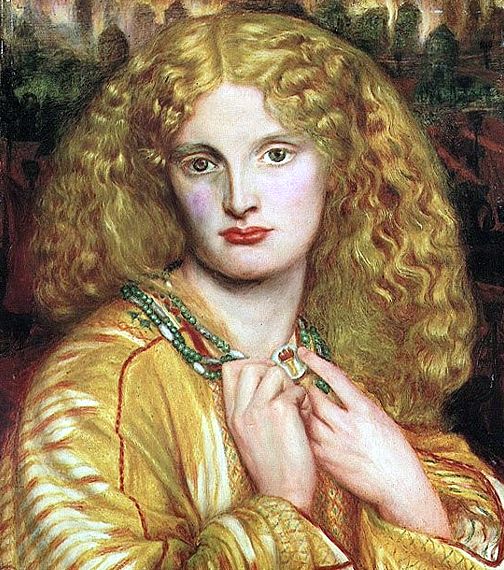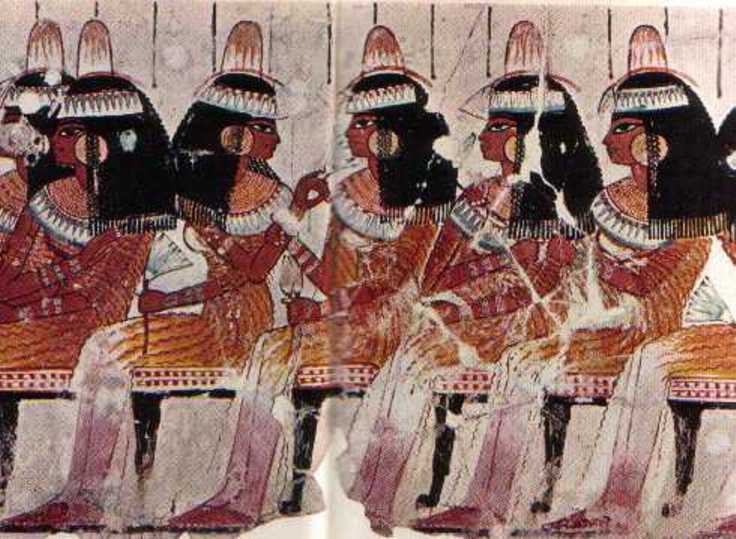Sappho of Lesbos holding more paper or tablets of something than we have poems of hers.
Sappho of Lesbos is well known for her love poems (or at least the one complete and two partial ones of hers that remain) that express what life was like for Grecian women being close before marriage. Her poetry speaks of heartbreak and the sorrow of losing close friends to their husbands, often with hints of physical attraction. Some of it would make for an excellent few lines of a poem to woo someone with, so long as you cut out anything not in the first stanza of them. They all tend to get a bit depressing with unrequited love, or being unable to approach one's object of affection or having had one's love already taken away.
But seriously, the first stanza plus a few words of the second of the third poem would make an excellent wedding toast:
" Some there are who say that the fairest thing seen/ on the black earth is an array of horsemen;/ some, men marching; some would say ships; but I say she whom one loves best/ is the loveliest."
That translates relatively easily to a wedding toast with a simple "and so I hope person X is the fairest thing you will ever see on this black earth for the rest of your life."
Aphrodite's response to the unrequited lover's prayer in the first poem:
"Though she now escape, she soon will follow;/ though she take not gifts from you, she will give them;/ though she love not, yet she will surely love you/ even unwilling."
Is exactly what someone pursuing an unrequited love wants most (except for maybe the last line, that get's a bit rape-y.




